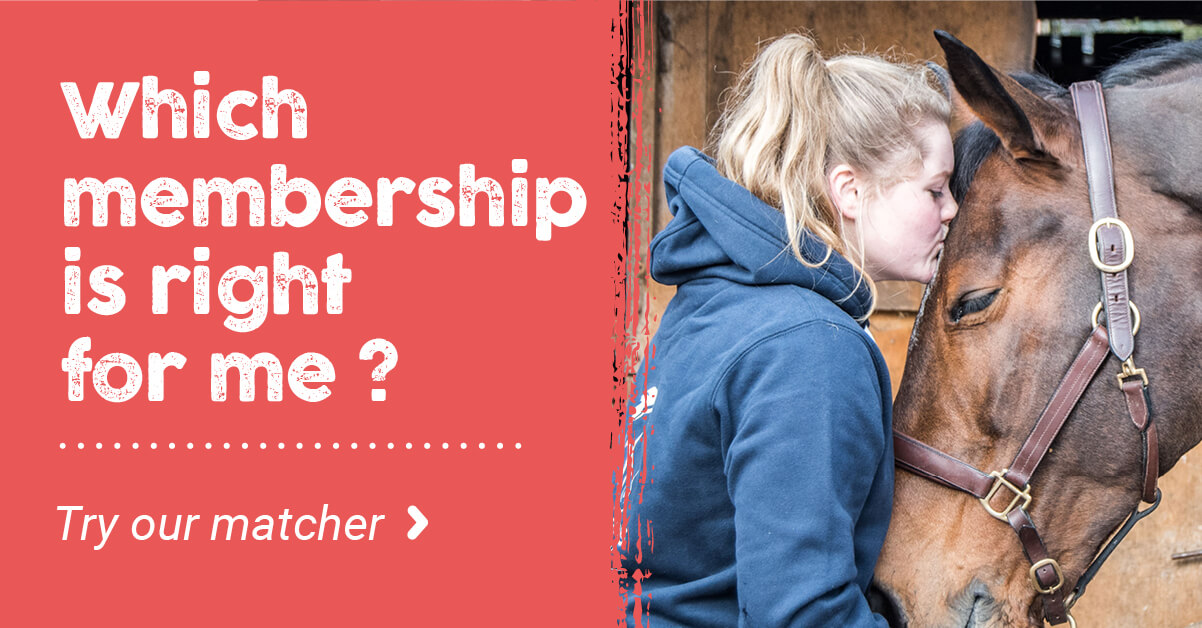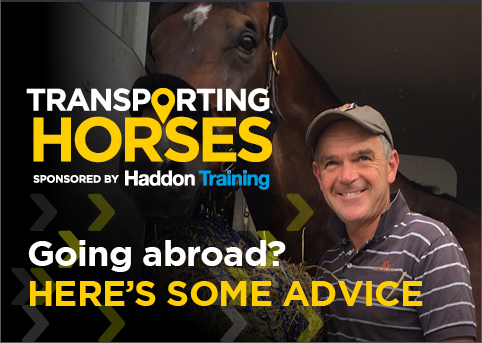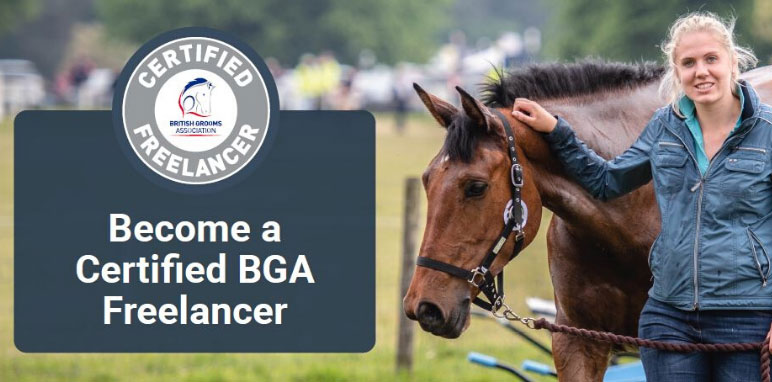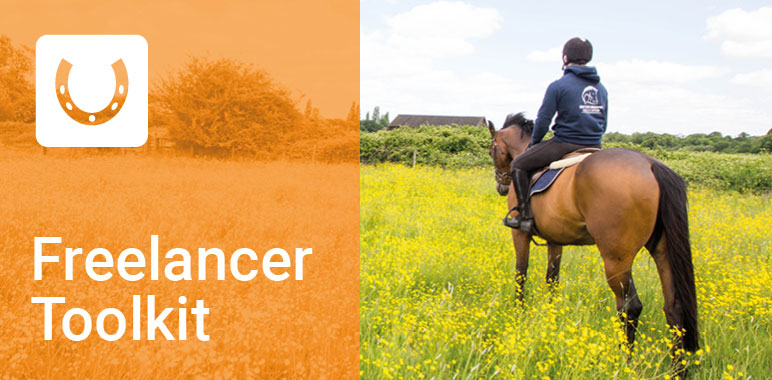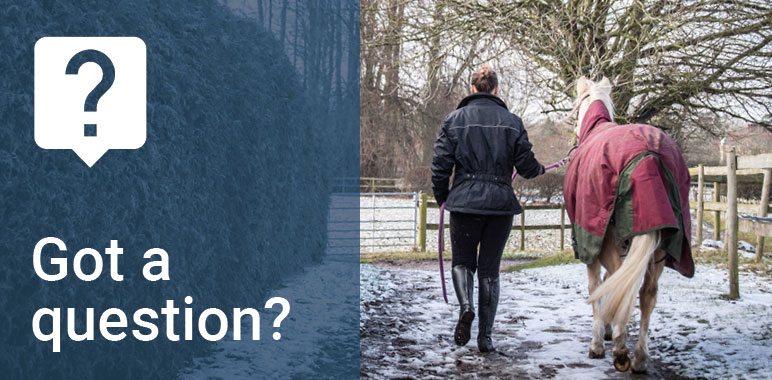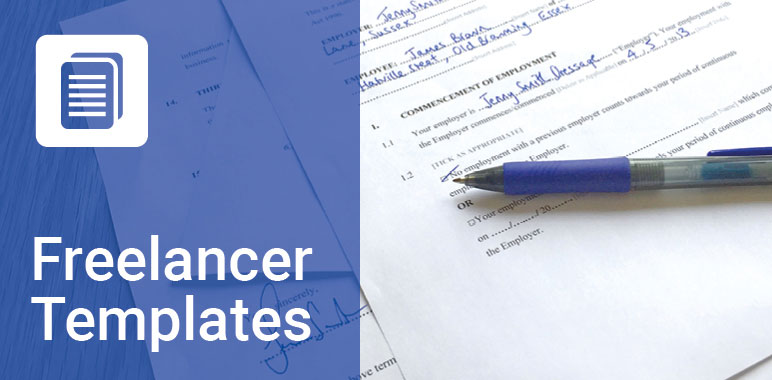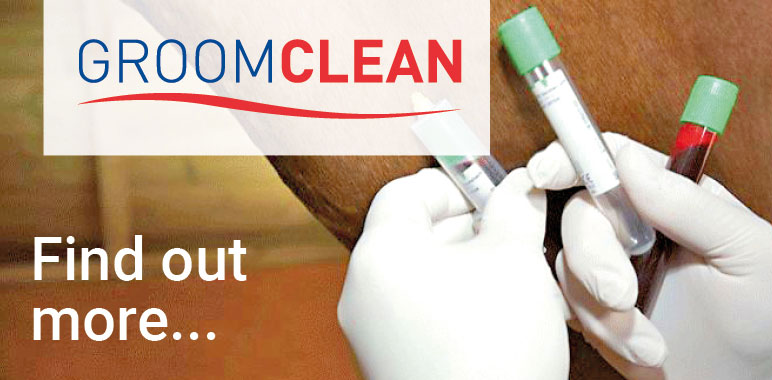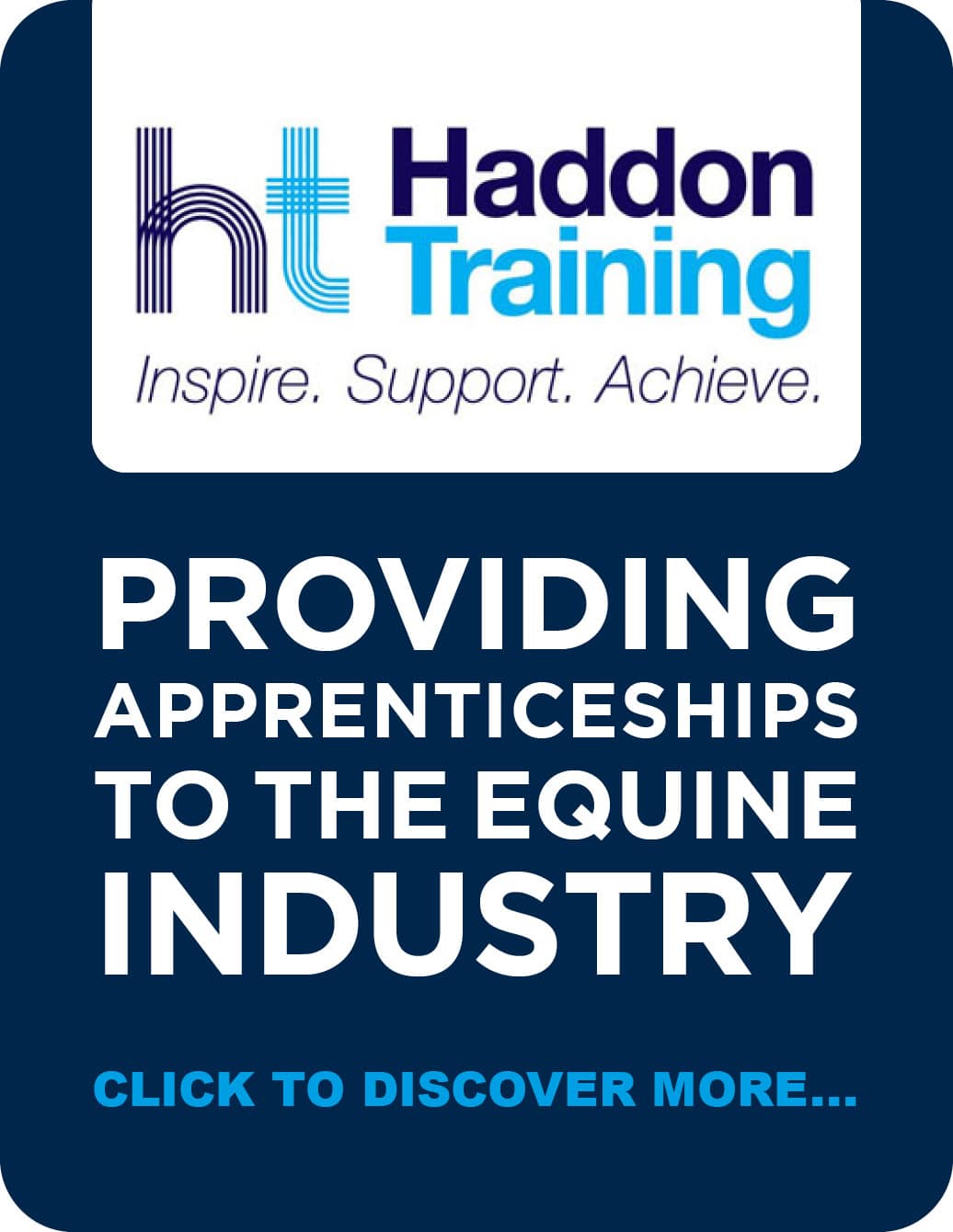- Join Now
- Login
- Member Zone
- Your Career
- Freelancing
- International Grooms Association
- BGA Training
- Healthy Yard Healthy Horses
- Transporting horses
- Brexit
- Safe workplace
- Student Zone
- Member Discounts
- BG Magazine
- Member services
- Training & Careers
- BGA CV Creator
- Horse groom training
- Where to Train
- BGA E Learning
- Career choices
- Change to Racing
- First Aid training for grooms
- Parents
- Grooms Jobs
- Grooms Life
- About
- News
- Contact

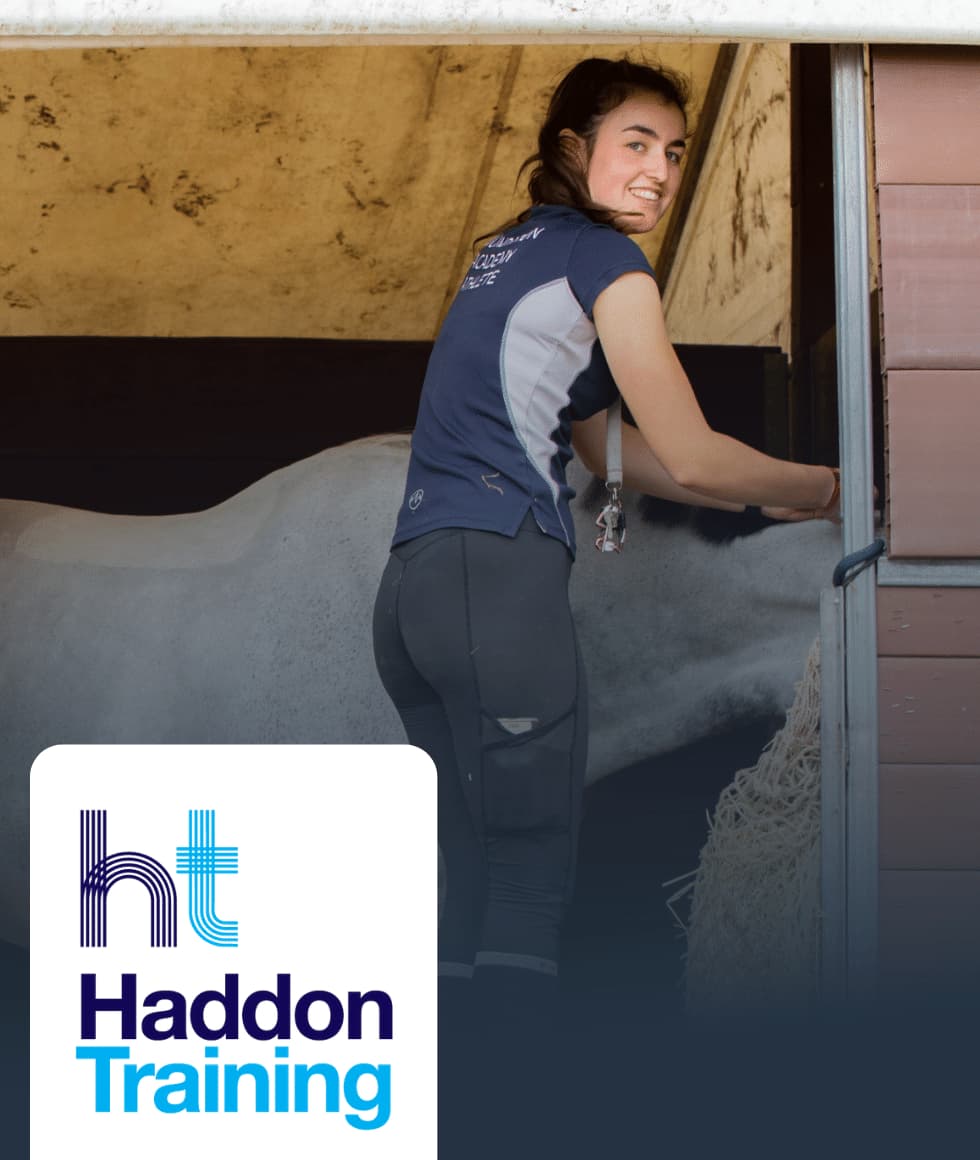
Equine Apprenticeships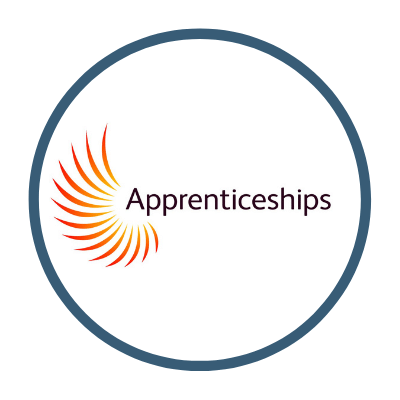
An excellent way to start out in the equestrian industry, or further your career is an Apprenticeship.
It gives you the opportunity to earn whilst you learn.
Whilst undertaking your equestrian Apprenticeship you will be employed and you also will have a training provider or a college - this is who the Apprenticeship is delivered through.
Join the BGA
If you are serious about having a career with horses and undertaking some formal equestrian training, then a first step is to belong to your professional association - the British Grooms Association (BGA)
Join today as a Standard Member for just £27.50 and belong alongside 1000s of grooms.
If you would like to consider an Apprenticeship, read about the benefits and how to find a position:
The benefits
Types of Apprenticeships, including AESE
Finding an Apprenticeship
Commonly asked questions
The Benefits
It's an employed job, a salary and the chance to train alongside your work.
A work-based Apprenticeship will:
- Ensure you are properly trained to become a fully competent member of staff.
- Provide you with the skills and knowledge to enable you to be consistent in your work.
- Increase your confidence working with horses, in a team and in the workplace.
- Train you to work at the commercial speed equine employers expect.

Your training won’t cost you – it is all funded by contributions from the government and your employer.
types of apprenticeship
Each training provider or college will have its own selection on offer.
The BGA is partnered with Haddon Training and they offer:
- Equine Groom (Level 2)
- Senior Equine Groom (Level 3)
- Racehorse Care
- Racing Business Administration (Level 3)
- Learning Mentor
You can find a range of training providers and colleges on the Where to Train page.
AeSE
Haddon Training’s renowned AESE programme is currently being redesigned as it becomes part of the Sporting Excellence standards.
In this exciting development, AESE will become part of the Sporting Excellence Professional apprenticeship. To find out more please contact Haddon Training
FINDING AN APPRENTICESHIP
Firstly you have to find an employer who has an opportunity to have an Apprentice; after all, it is an employed position and thus they will only be able to take you on if they actually require an additional member of staff.
Employers often will advertise Apprentice positions either via a training provider or college.
In these cases, the employer has already decided that they want to employ an Apprentice and will have signed up with the training provider or college.

Have a look at the positions currently available at Haddon Training or on the BGA Jobs Board
Or, if you see an alternative grooms position advertised, you could try contacting the employer and asking if they might consider offering an Apprenticeship instead.
If they agree, then you can select a training provider/college and sign up together for the Apprenticeship.
COMMONLY ASKED QUESTIONS
How long does an apprenticeship take?
Your equine apprenticeship will take a minimum of 12 months. It typically lasts 12 to 15 months but can last up to 24 months.
The length of time taken will depend on experience and which apprenticeship it is.
My boss says I am an apprentice, but I am not sure?
You are only on an Apprenticeship if you are engaged with a training provider or college.
If your employer tells you that you are an 'apprentice', but you are not formally signed up, then you are not on an Apprenticeship and thus must be paid at least the National Minimum Wage for your age, and not the apprenticeship level.
Am I a member of staff when I'm on an apprenticeship?
Yes, you are a member of staff and you will have all of the entitlements of any other employees.
What is the apprenticeship wage?
There are different rates of pay for apprentices depending on your age and what year of your apprenticeship you’re in.
Your employment contract should confirm your rate of pay.
Click here to discover the latest amounts as they change on the 1st April annually.
It is critical that you are paid no less than the National Minimum Wage for every hour that you work.
Can money be deducted from my wages for my training?
No.
Do I have a contract of employment?
Yes.
It is a legal requirement that the employer and apprentice hold a contract of employment (written statement of terms of employment) on the day they start work, as well as an apprenticeship agreement at the start of the apprenticeship.
Charge for my accommodation or horses livery
Deductions can be made for accommodation costs and this should be made clear in your contract. The employer cannot deduct more than the accommodation offset allowance if the Apprentice is on no more than the Apprentice National Minimum Wage.
Check the current accommodation offset rate
Your employer should invoice you for your horse's livery cost, if it is being charged for, and this can then be deducted from your net pay once Tax and NI have been deducted. This should be clearly agreed upon between you and your employer in writing.
Am I entitled to sick pay?
You will be entitled to Statutory Sick Pay (SSP) provided you meet the qualifying criteria.
Your contract will state whether you are entitled to any additional sick pay from your employer.
Am I entitled to holiday pay?
Yes, you are entitled to paid holidays, the amount will depend on the number of hours you work and will be accrued in the normal way.
Are there a minimum number of hours I must work?
Your employment will normally be for a minimum of 30 hours per week but maybe more. In a small number of circumstances, where there is a recognised reason why the apprenticeship needs to be for fewer hours, working fewer hours than 30 per week will be allowed as long as it does not fall below a minimum of 16 hours.
When this occurs the actual length of the apprenticeship will then be extended in order that sufficient time is spent to gain the required experience and skills you will need to do the job.
Are there a maximum number of hours that I can be expected to work?
You can't work more than 48 hours a week on average - normally averaged over 17 weeks.
This law is called the 'working time directive' or 'working time regulations'. You can choose to work more by opting out of the 48-hour week.
If you're under 18, you can't work more than 8 hours a day or 40 hours a week.
Don't forget, you must be paid at least the National Minimum Wage for every hour that you work.
Can I say that I do not feel safe in my accommodation?
Yes, if you have concerns about your health and safety then you should raise this with your employer.
Your employer must also be aware that for learners under 18, or under 25 with an Education, Health and Care (EHC) plan, that will be sharing accommodation facilities with adults (people aged 18 years old or over), they need to ensure DBS checks (a record of a person’s criminal convictions and cautions carried out by the Disclosure and Barring Service) are carried out on the other occupants within the accommodation before you begin to live on-site.
Learners that are under 18 or under 25 with an EHC plan should always have their own bedroom with the door lock.
Haddon Training also provides a 24-hour safeguarding phone line for their Apprentices.
Should the majority of the work for my apprenticeship be carried out in working time?
Yes, your employer should allow you time for study and training.
The hours you work are governed by the Working Time Regulations 1998 as stated above.
What the personal accident policy covers you for:
- Whilst at work
- All stable duties – mucking out, grooming, washing off, turning out
- Clipping
- Riding – including hacking and jumping
- Hunting
- Lunging
- Breaking in
- Holding horse for a vet and other procedures
- Travelling horses both in the UK and abroad
- Competing in line with your job including: jumping, dressage, eventing
- Injuries that may happen to you whilst you are teaching - but you must also be grooming as part of your duties and not be a sole instructor
What the personal accident policy doesn’t cover you for:
- Riding in a race, point to point or team chase
- Stunt Riding
- Accidents occurring whilst travelling to and from work
- Riding and competing your own horse (but you can upgrade when applying for membership to include this)
- Public Liability – this is a separate insurance policy - the Freelance Groom Liability Insurance
- Care Custody and Control – this is a separate policy - the Freelance Groom Liability Insurance
If you require additional cover then please contact KBIS directly.
| GROOM | RIDER | EMPLOYER | |
|
When you are working for other people you do most of the following; muck out, turn out/catch in, tack up, groom horses, exercise Horses (including hacking, jumping and schooling), in the care of your employer/client. |
|
|
|
| Predominantly ride horses for other people including schooling, exercising and competing. | NO |
YES |
YES |
| Provide grooming services for someone else either full time or on a freelance basis i.e. an employer or a client. | YES |
NO |
NO |
| Employ staff – have an employers liability policy in your name | NO | NO | YES |
| Buy and sell horses | NO | YES | YES |


